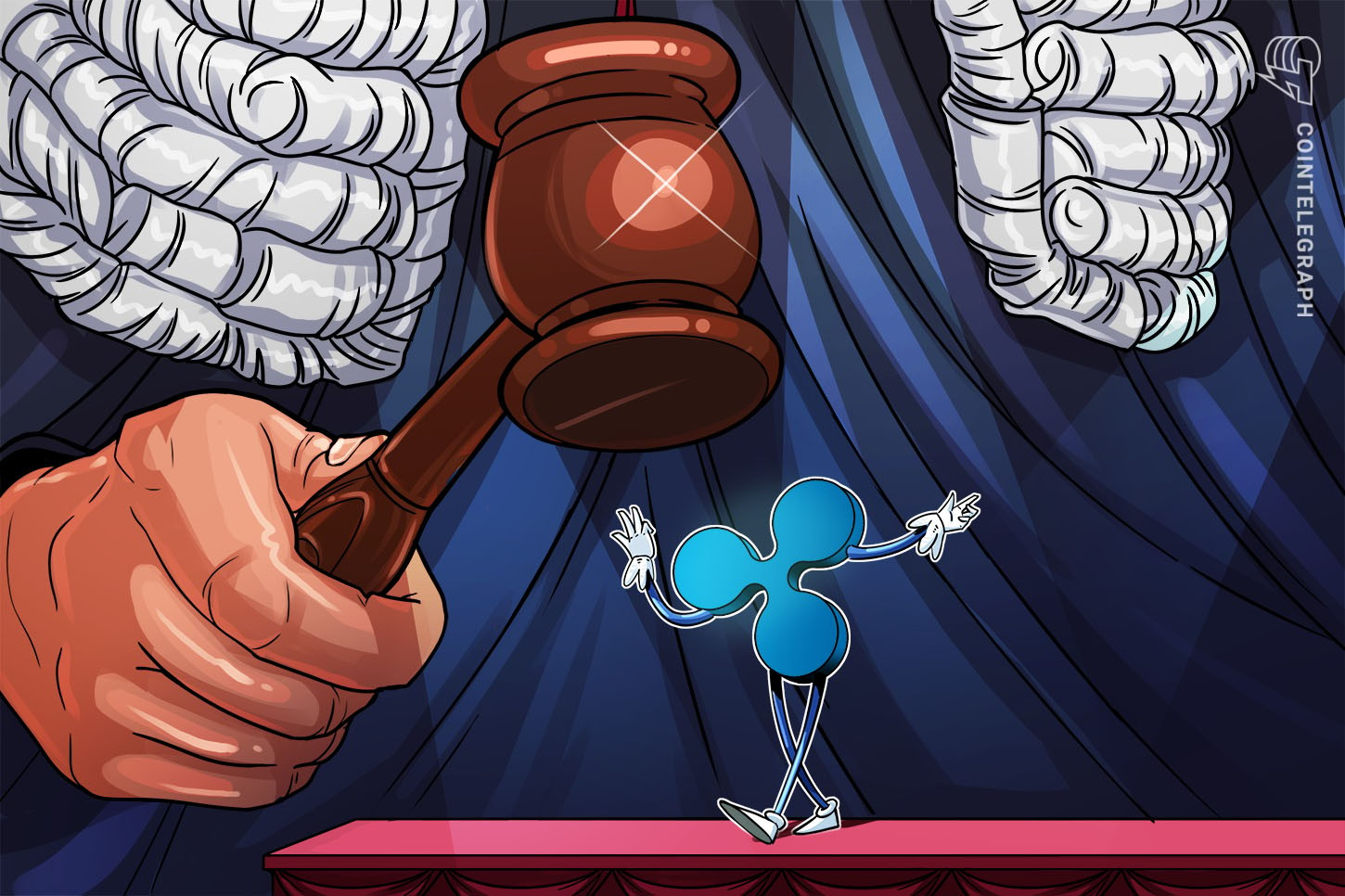There has been another twist in the ongoing battle between distributed ledger technology firm Ripple and the United State Securities and Exchange Commission.
On Monday, U.S. District Judge Analisa Torres ruled that individuals holding the company’s XRP token cannot act in Ripple’s ongoing lawsuit as defendants.
The determination comes after a number of XRP token holders aimed to file “friends of the court” briefs, which would allow them to join the case as defendants and support Ripple in its claims that the token does not violate securities laws.
Judge Torres asserted that allowing XRP holders to join the suit would “compel the SEC to take an enforcement action against them,” according to Law360. She added that it would also delay the case, which Ripple and token holders have urged for a quick resolution to.
However, the judge determined that tokenholders can participate as “amicus curiae” — a party that is not involved in the litigation but is allowed by the court to advise or provide information. Torres stated:
“The court concludes that amici status strikes a proper balance between permitting movants to assert their interest in this case and allowing the parties to remain in control of the litigation.”
Andrew Ceresney, counsel for Ripple, said that they were pleased with the outcome for XRP holders who can now “share their meaningful perspectives with the court.”
In a motion to intervene filed in March, the XRP holders claimed that they stood to lose billions should the regulator win the case. It also questioned the SEC’s claimed motives of protecting investors.
“Claiming to protect investors, the SEC is seeking $1.3 billion in alleged ill-gotten gains from the named defendants, but by alleging that today’s XRP may constitute unregistered securities, the SEC caused over $15 billion in losses for XRP holders,” the filing said.
Related: XRP purchasers back Ripple, arguing that it is not a security
In a blog post in September, John Deaton, founder of CryptoLaw, wrote that it was unfair that Ethereum has a regulatory “free pass” for its initial coin offering, while Ripple is being penalized. The circulation of XRP has been tightly controlled by the San Francisco-based company, which still holds around 55% of the supply in escrow.
In an interview on Monday, Ethereum co-founder Joseph Lubin hit back, siding with the regulator in stating that it had legitimate claims against Ripple:
“[The SEC] may have legit arguments in the cases that are being discussed right now. I don’t believe the SEC is trying to squelch innovation.”


